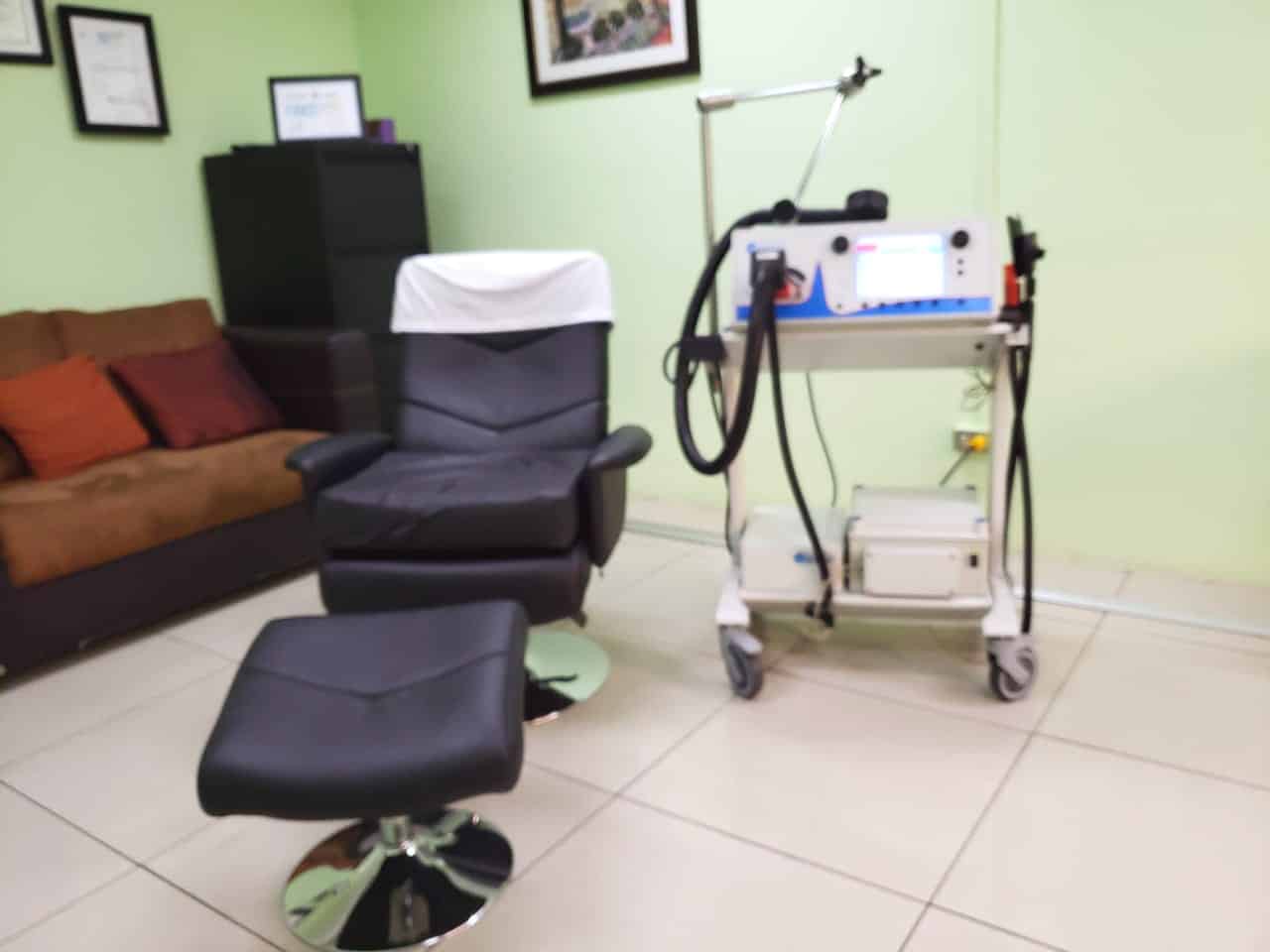

Regular exercise (aerobic or anaerobic) has been shown to have benefits on general health. This is especially true when combined with a balanced diet that includes fruits, vegetables, and seeds.
Lately, some studies have linked physical exercise with an improvement in mood and mental health. Tai Chi exercise routines and Yoga movements and poses have long been known to improve balance, flexibility and muscle strength, as well as improve symptoms of anxiety and depression.
Currently, the relationship between multiple systems within the body with the brain is known, which shows that there are specific benefits that contribute to achieving and maintaining better mental health. One of the benefits is achieved through the “neutralization” of stress during physical exercise. This effect is related to a better regulation of the autonomic nervous system through cardiac function, as well as a modulation of the body’s inflammatory response (Hypothalamic-Pituitary-Adrenal axis). Major depression and anxiety, due to their pro-inflammatory capacity, cause endothelial dysfunction that consequently leads to “arterial stiffness”. The relationship between depression and cardiovascular disease is bidirectional. Both entities share a common pathophysiology. Following myocardial infarction, the presence of depression has a cumulative effect on morbidity and mortality.
At our Central California TMS Center clinics in California and Guatemala, we emphasize lifestyle modifications as part of a complete treatment plan. These key changes include: achieving a Body Mass Index (BMI) of 25 or less, engaging in regular physical exercise, practicing yoga or Tai Chi, quitting smoking, reducing alcohol intake, modifying or managing stressful conditions, make changes in the diet that include fewer refined carbohydrates, greater amounts of fruits, vegetables and seeds.
Dr. Edgar Castillo-Armas
Medical director
Central California TMS Center

